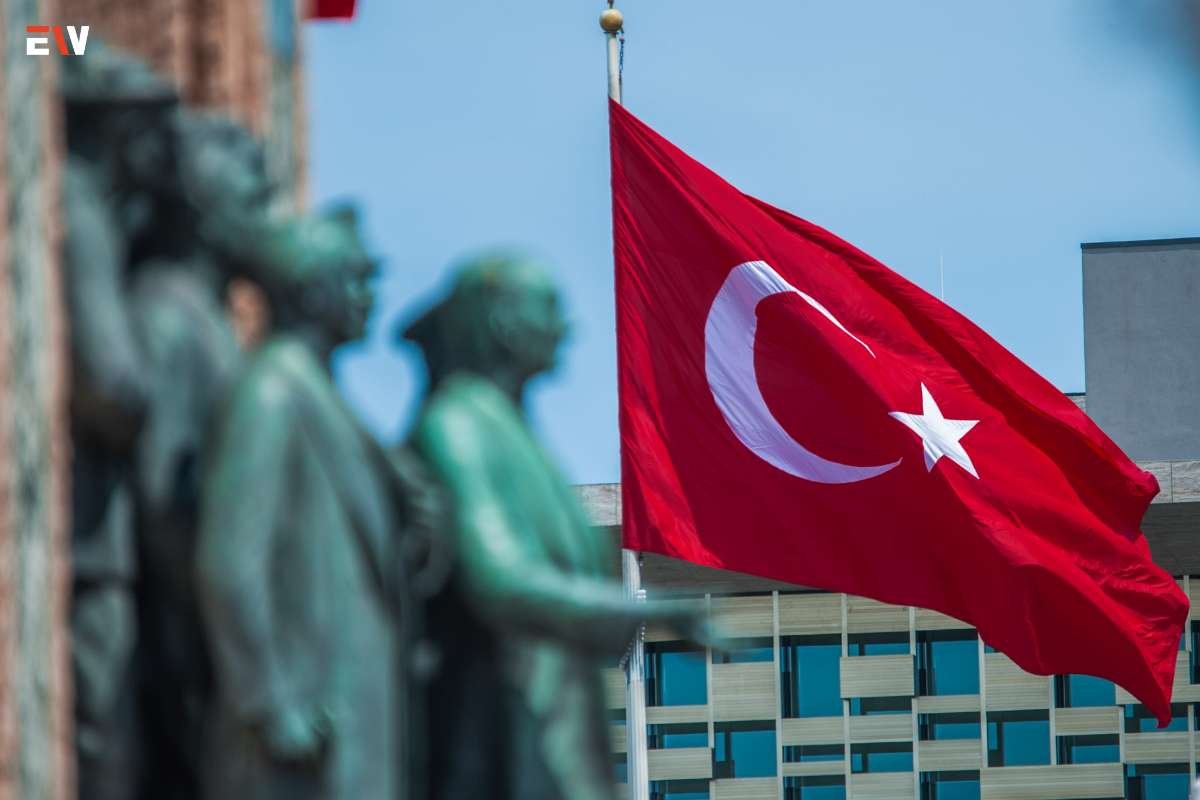The benchmark interest rate was increased by an unexpectedly hefty 7.5 percentage points to 25% by Turkey’s central bank on Thursday, signaling a renewed commitment to fight growing inflation as part of a wider policy U-turn.
The rate rose to its highest level since 2019 as a result of the change, which also caused the Turkish lira to reach its strongest level against the US dollar since mid-July.
The policy committee said that the bank would tighten “as much as needed in a timely and gradual manner” to lower inflation, which shot up to almost 48% last month. After years of unconventional economic policies under President Tayyip Erdogan, analysts said the move was the clearest one yet towards more mainstream economic measures and could help control inflation expectations.
Daily new all-time lows
In the days leading up to the policy announcement, as well as in previous weeks, the lira experienced nearly daily new all-time lows. However, on the news of the rake hike, it increased more than 3% against the dollar and was trading at 26.41 at 8:05 a.m. ET.
According to a Reuters poll, economists expected rates to increase to 20%, with some forecasting an even more dovish move given the bank’s performance over the previous two months. Interest rates were not anticipated to increase to 25% until the end of the year, according to the poll taken last week.
The rate increase “sends a very strong signal that the [bank] is determined to rein in inflation, and the initial market response is very positive,” according to Piotr Matys, senior FX analyst at In Touch Capital Markets.
Turkey shocks with big rate hike to 25%
Appointed three new policymakers to the bank
He did, however, add that “at least some investors will be wondering whether [today’s] hike has been approved by President Erdogan.” After winning re-election in May, Erdogan chose veteran Wall Street banker Hafize Gaye Erkan to lead the central bank in the face of an economy that was being stressed by low foreign exchange reserves and rising inflation expectations.
In July, he appointed three new policymakers to the bank: Osman Cevdet Akcay, Fatih Karahan, and Hatice Karahan. That was interpreted as a further indication that independent economists would approach the issue of inflation more firmly given that it has long maintained over the official 5% objective.
Erdogan’s prior efforts to lower interest rates led to a currency crisis in late 2021 and inflation levels above 85% last year.
Erdogan’s prior open hostility to high rates and influence over the central bank are major factors in the currency’s 68% decline over the past two years.










